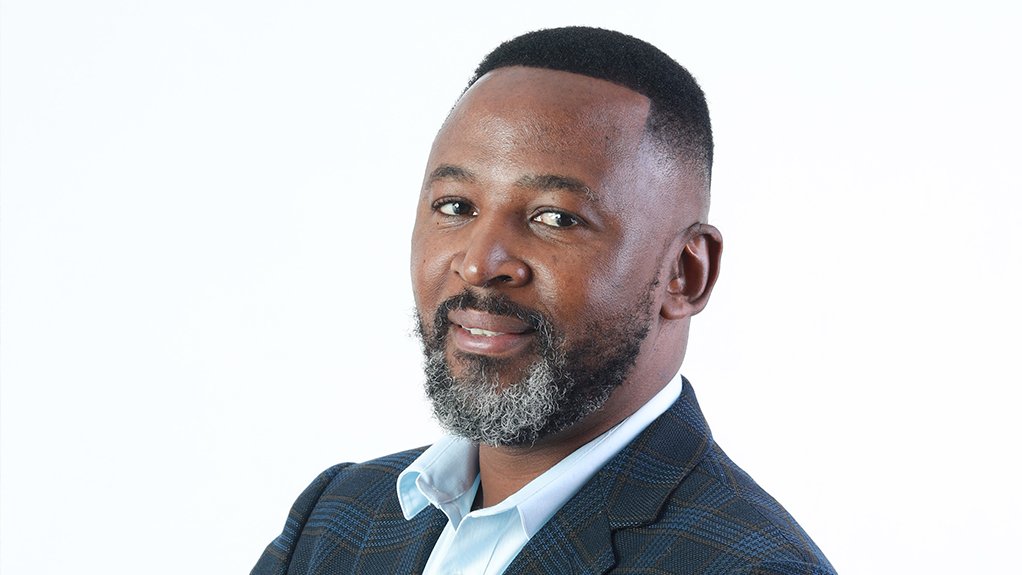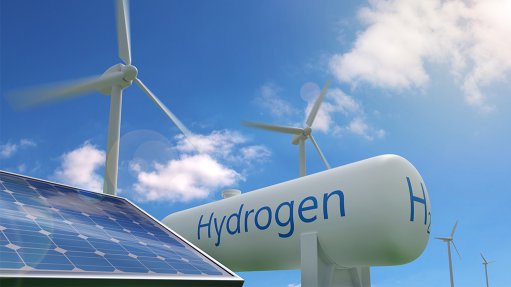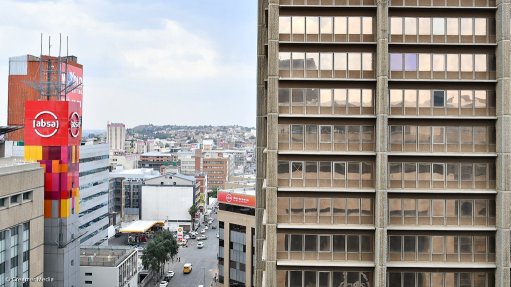New Act seeks to ensure recovery to 250Mt/y of rail freight by 2030 is achieved safely
The Rail Safety Act of 2024, which came into effect on August 1, this year, is aimed at supporting the reform of the rail industry and enabling South Africa to safely achieve the targets of 600-million passenger moves a year by 2030 and 250-million tons of rail freight a year by 2030.
This was the message during the Railway Safety Regulator (RSR) industry workshop held in Melrose Arch, Johannesburg, on November 4. Attendees, who were from a range of industries and organisations, including academia, mining and industry organisations, rail operators, regulators, international partners and officials, received a pocketbook containing the new Act.
The cost of efficient transport was one of the determining factors of a country's competitiveness and investment attractiveness. One of the roles of rail in the country's economy was to lower costs of doing business and safety had a direct impact on efficiency, said RSR CEO Brian Monakali.
“Rail is negatively contributing to the challenges the country faces and we need to raise the bar to ensure we improve the country's competitiveness, on which rail can have a positive impact,” he said.
It was a big ask for South Africa to increase its passenger moves a year from 39-million in 2023/24 and 77-million in 2024/25 to 600-million a year by 2030, he acknowledged.
The same is true of the increase in freight rail volumes from 155-million tons in 2023/24 and 160-million tons in 2024/25, to 250-million tons by 2030.
However, there were moves to achieve these goals, including the rail reform agenda and safety and efficiency initiatives, said Monakali.
For example, open access to the network is being encouraged and the Department of Transport has issued requests for information to encourage private sector investment in freight and passenger rail.
The addition of new operators and new investments were also significant steps toward achieving the goals, he noted.
“At the strategic level, the country is trying to ensure it has the necessary environment in place. The question is how we achieve all this safely,” he said.
“We must think about a value chain when it comes to safety. We have seen far fewer derailments on the main lines, but the challenge we are seeing now is in the ports and at the start of the value chain.
“We should address safety across the system to reduce incidents, which we have also adopted as our focus [as the regulator],” he said.
Meanwhile, the RSR would also introduce a risk-based safety management approach using data to predict and identify risks across the entire 30 000-km-long network and then get public and/or private partners to prioritise the resources needed to address the safety challenges identified, said Monakali.
Another key initiative of the RSR is to establish a national information management system. The aim is to ensure South Africa has a central data system that, wherever stakeholders are, they can see how many inspections have been conducted on the lines they use, and on their operations and how they were doing in terms of safety.
Additionally, the RSR had launched a project to introduce a safety-risk model for the country to provide a risk profile for the rail industry, as well as guidance on what efforts and safety-related investments should be prioritised. This model would be implemented in 2026 for use by the rail industry and stakeholders, he said.
Further, the RSR regulatory standards working group started in September and aims to complete its work by September 2026. The working group will look at various areas, including operators, rolling stock, signalling, telecommunications and track standards. The aim is for operators to be able to get updated and reviewed standards.
“The initial team [of the standards working group] is constituted from the current major rail operators on the main lines but, as new operators come onto the network, they will become part of this team, as well as part of the process to get inputs from various stakeholders, such as researchers and suppliers into the industry,” he added.
“We are focusing on operationalising the Railway Safety Act, as it serves as an enabler for the rail industry. What is at stake is significant. Together, we can each do our part to achieve the recovery without harm to people and while protecting assets,” said Monakali.
Article Enquiry
Email Article
Save Article
Feedback
To advertise email advertising@creamermedia.co.za or click here
Press Office
Announcements
What's On
Subscribe to improve your user experience...
Option 1 (equivalent of R125 a month):
Receive a weekly copy of Creamer Media's Engineering News & Mining Weekly magazine
(print copy for those in South Africa and e-magazine for those outside of South Africa)
Receive daily email newsletters
Access to full search results
Access archive of magazine back copies
Access to Projects in Progress
Access to ONE Research Report of your choice in PDF format
Option 2 (equivalent of R375 a month):
All benefits from Option 1
PLUS
Access to Creamer Media's Research Channel Africa for ALL Research Reports, in PDF format, on various industrial and mining sectors
including Electricity; Water; Energy Transition; Hydrogen; Roads, Rail and Ports; Coal; Gold; Platinum; Battery Metals; etc.
Already a subscriber?
Forgotten your password?
Receive weekly copy of Creamer Media's Engineering News & Mining Weekly magazine (print copy for those in South Africa and e-magazine for those outside of South Africa)
➕
Recieve daily email newsletters
➕
Access to full search results
➕
Access archive of magazine back copies
➕
Access to Projects in Progress
➕
Access to ONE Research Report of your choice in PDF format
RESEARCH CHANNEL AFRICA
R4500 (equivalent of R375 a month)
SUBSCRIBEAll benefits from Option 1
➕
Access to Creamer Media's Research Channel Africa for ALL Research Reports on various industrial and mining sectors, in PDF format, including on:
Electricity
➕
Water
➕
Energy Transition
➕
Hydrogen
➕
Roads, Rail and Ports
➕
Coal
➕
Gold
➕
Platinum
➕
Battery Metals
➕
etc.
Receive all benefits from Option 1 or Option 2 delivered to numerous people at your company
➕
Multiple User names and Passwords for simultaneous log-ins
➕
Intranet integration access to all in your organisation





















